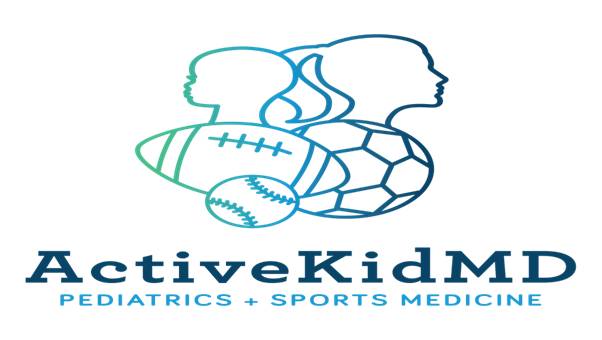Is Weight Training Safe and Productive for Children?
There is no magic age at which a child can begin weight training. Readiness for weight training depends on the willingness of the child to lift weights, follow directions, and maintain the program for several months to see results. Remember, this is for the child, not for an adult or coach.
Weight training should supplement regular sport activity. It is not acceptable to have weight training injuries keep an athlete away from his/her sport. I recommend qualified supervision by a performance or physical trainer who routinely works with children and adolescents. The focus should be on appropriate-sized equipment, meticulous weight lifting technique, starting with low weights/high repetitions, and working multiple body parts. In appropriate program, a child will often lift weights 2 or 3 days a week with at least 48 hours of rest between sessions.
The physical results, such as muscle enlargement and weight gain, depend on the gender and developmental stage of the child. Routine weight training can make a child somewhat stronger by increasing nerve and muscle communication. However, if the child is looking for larger and more bulked muscles, then they must wait until after their growth spurt. Androgens are a particular hormone, produced more in boys than girls, which produce muscle and strength gains. Since androgens increase late in puberty right after the growth spurt (age 11-12 in girls, age 13-14 in boys) lifting before this time will not result in massive muscle bulking or extreme strength gains.
Does this mean one should not lift before the growth spurt? No, but just place the emphasis on good technique and reduce the expectations for big-time muscle gain. Remember, due to lower androgen production than boys, girls will have less increase in muscle mass.
Is weight training safe for children?
Studies have shown that a properly designed and supervised resistance training program can be safe for children and young adults. Contrary to popular belief, weight training at a young age does not stunt growth as long as proper techniques are utilized. There are reports of overuse injuries with back strains the most common but at no greater frequency than what is seen on the athletic field. Again, placing the emphasis on a properly designed and supervised resistance training program will help reduce injuries and maximize enjoyment.
Click here to learn about:Proper post-lifting recovery, focusing on nutrition and sleep, can greatly enhance the results and safety of a weight training program.
Does weight training work?
Both published studies and personal experience have shown impressive strength, speed, and endurance gains with an appropriate weight training program. There is no good scientific data to show that this directly translates to better on-field performance, but it does contribute to overall athletic ability. The athlete needs to be aware that he/she must stay with the program or risk losing the gains.
To produce optimal results, recommend starting a program during break periods between sport seasons and not initially scheduling weight training sessions on same days as practices or games. Once the athlete is more comfortable with the demands of weight training, can incorporate lifting sessions with regular training and competition activities.
Can weight training reduce injuries?
High school-based studies indicate a resistance training program could decrease the number and severity of injuries, and also reduce the rehabilitation time once an injury has occurred. These benefits may be due to stronger supporting joint structures, muscle absorbing more energy before tiring out, and greater muscle balance around a specific joint.
Can weight training help with weight loss or weight control in children?
Weight training programs that feature higher repetitions, lower weights and limited rest between sets have been shown to contribute to both weight loss and weight control in children. Appropriate professional supervision in designing such a program can be of significant help.
